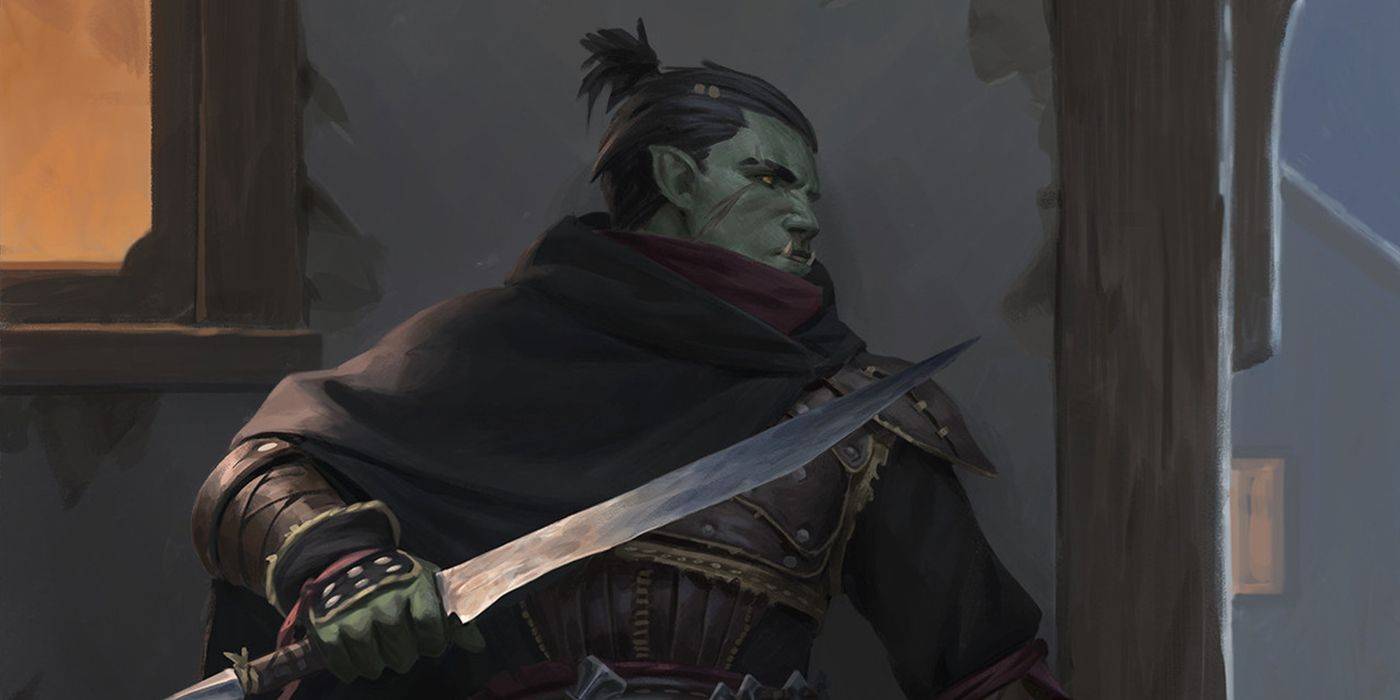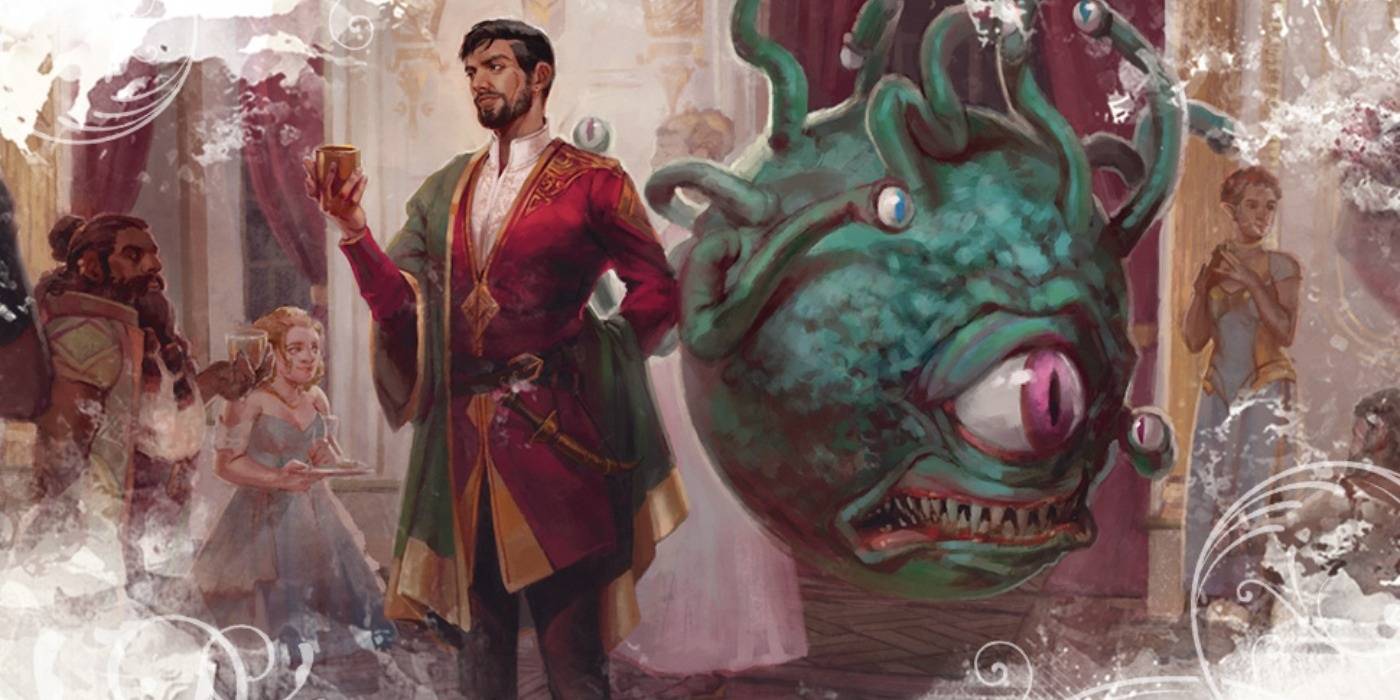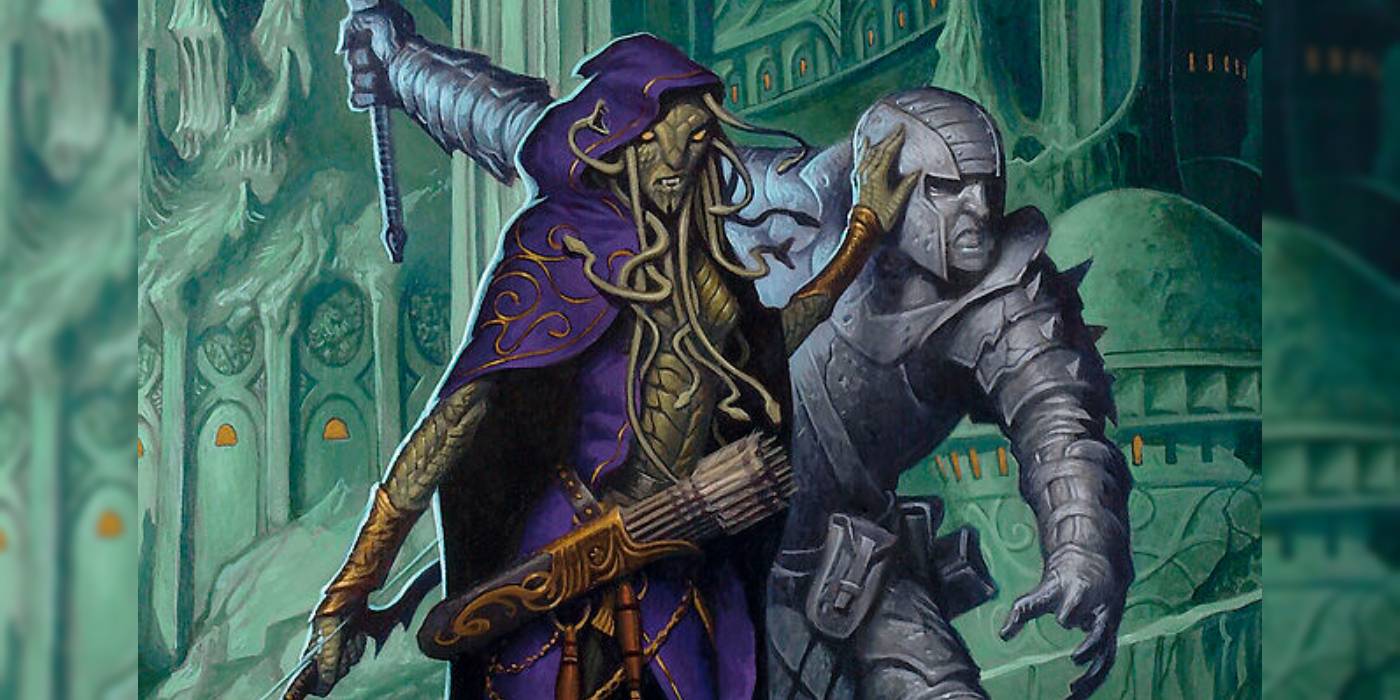In Dungeons & Dragons, there are a lot more ways to play evil characters than many people realize. It’s far too often that players who want to play evil characters will express their alignment by being overly aggressive and constantly trying to kill things. However, there are much more interesting, character-making ways to be evil that can make a D&D character more memorable.
Murderous player characters can be one of the biggest roleplaying problems that any campaign can encounter. When players just focus on killing things, they miss out on plenty of roleplaying opportunities as they move from one fight to the next. This can be especially bad when evil player characters are involved, as some players will take playing an evil character as an opportunity to kill at every opportunity. Bland characterization is one of the easiest ways to make players bored with their D&D character, so evil player characters need to be handled with as much grace as good and neutral characters, and sometimes more.
Turning an evil player character into an interesting and nuanced figure can be a big accomplishment for a player, especially a dedicated roleplayer. One big step towards making a more interesting evil character is by roleplaying them in ways that show their alignment without defaulting to murder. In order to roleplay a good evil character, a player should stretch their creativity in order to fulfill the character’s potential.
Thievery Is No Issue For Evil D&D Characters
There is a very simple way for an evil character to show their alignment, and it’s something that many players have likely tried at one time or another. An evil character can take inspiration from a classic RPG trope and help themselves to whatever seemingly valuable objects they wish. Of course, the thief still needs to be a good D&D party member, so they shouldn’t be robbing their companions. However, they have great potential to be a useful member of the team.
An evil, thieving player character will have an eye for valuables, and know the best ways to grab something unnoticed. They can take advantage of times when the rest of the party acts as a distraction to line their own pockets. Whether they’re pocketing a valuable from a noble’s mansion or skimming a few coins from the treasury, they’re always in it for their own gain. A shameless thief can also be a very valuable member of the party. They could use their stealthy skills to organize sneak attacks on their enemies, and of course, if the heroes could use the thief could steal an important item for the party. They shouldn’t be surprised if the thief takes a few extra souvenirs in the process.
Rogues can be overpowered in D&D, but playing an evil character as a thief can also emphasize their selfishness. Their focus is on their own wants and desires, while eschewing the needs of others. Exploring the mentality of a thief could make an evil character much more interesting. The general usefulness of a thief’s skills would also make them a welcome addition to the party dynamic.
A Manipulator Would Make For An Excellent D&D Character
Manipulation and subterfuge are two classic villainous skills, and Dungeons & Dragons provides plenty of ways for players to indulge in them. An evil character with the right set of skills could find themselves able to blend into any situation. Whether they’re gathering information, spreading influence, or getting close to stab someone in the back, the ability to talk and charm one’s way into any situation could make playing a competent evil mastermind in D&D very rewarding.
A perfect example of such a character would be a vain sorcerer. They use their natural classy charm to worm their way into the upper echelons of society, and makes use of mind-affecting spells when word alone don’t get the job done. From there, they gain access to information and gossip that normally doesn’t go beyond the city’s nobles, offering new leads for the party as they build connections. Of course, a smooth talker is useful in the field as well. The ability to coax information out of almost anyone through either words or magic is an invaluable skill, and one that could easily be used for one’s own ends.
Playing a master manipulator is not only one of the most RP-intensive yet effective ways to play an evil character, it can also improve a D&D party’s teamwork by using their scheming mind to the party’s advantage. A truly skilled villain can play anyone to their advantage, and this playstyle could emphasize that trait. A skilled enough evil mastermind could even have the rest of the party wondering if they’re just pawns in their grand scheme. Of course, a truly manipulative character wouldn’t have it any other way.
An Evil D&D Character Needs To Further Their Own Agenda
When it comes to playing an evil character in Dungeons & Dragons, simply going along with the mission and obeying orders would be out of character. If a character wants to fully jump into the role of a villain, then they need to make sure that they are furthering their own goals alongside the party’s adventure. A proper villain can never let their own plans fall by the wayside, even if they need to largely set them aside for the time being. By taking advantage of overlooked roleplaying opportunities in D&D, an evil character can bring some much-welcomed flavor to an adventure.
A player RPing as an evil character needs to keep their character’s reputation and goals in mind. When visiting cities, they should make the most of their shady nature, cutting deals and finding inroads with the local underworld. Gaining alliances isn’t the only way that they can further their plans either. Sabotaging anyone who could end up as a potential threat could also take time out of an evil character’s day. For example, plotting the downfall of an ambitious noble or misleading a rightfully suspicious town guard are all part of a day’s work for an evil D&D character.
Money, connections, and the willingness to use them are all a part of an evil character’s skill set. Even when playing the only evil character in a D&D party, a villainous player will need to be able to look at every situation and consider how they can use it to get ahead. Strong D&D villains are always ambitious, and an evil player character must mirror that in order to succeed.
Evil PCs in Dungeons & Dragons can be incredibly fun to play, provided one knows how to handle them. Simply killing NPCs does not make for a strong evil character. Characters who can use their crimes to further the narrative are the ones that thrive, and Dungeons & Dragons is designed perfectly to reward this sort of play.






